
Fish Consumption Advisory
The Connecticut Department of Public Health issues a yearly advisory for reducing fish consumption when chemical levels in fish tissue are unsafe. Fish from Connecticut waters are a good, low-cost source of protein. Unfortunately, fish can build up chemicals in their bodies such as mercury and polychlorinated biphenyls (PCBs) that may be contaminants in the water. Eating these fish may affect your family’s health. The following fact sheets provide information about the advisory, and how to eat fish safely.
For more information call: 860-509-7740
Or toll free: 877-458-FISH (3474)
News Releases
Technical Information
Fact Sheets
-
If I Catch It, Can I Eat It? A Guide to Eating Fish Safely
-
English Version (2025)
-
Spanish Version (2025)
-
Polish Version (2025)
-
Chinese Version (2025)
-
Portuguese (Brazil) Version (2025)
-
French Version (2025)
-
-
A Guide for Avid Fish Eaters
-
A Woman's Guide to Eating Fish Safely - Information for Pregnant Women
-
English Version (2024)
-
Spanish Version (2024)
-
-
Sign: English Version (2016) Spanish Version
Visual Examples of Fish Species Noted In CT Fish Consumption Advisory
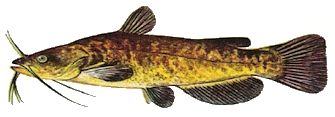
Brown Bullhead
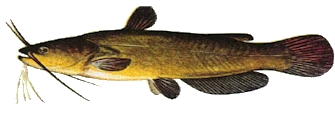
Yellow Bullhead
Black Bullhead, Bullheads (and catfish) from Brewster Pond in Stratford should not be eaten. People in the High Risk Group should not eat Bullheads and catfish from the Housatonic River.
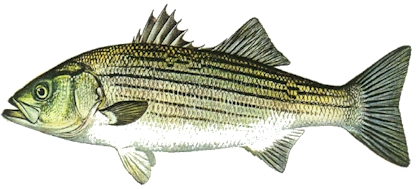
Striped Bass
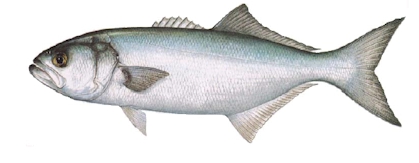
Bluefish
Bluefish over 25 inches and Striped Bass caught in Long Island Sound and connected rivers should not be eaten by people in the High Risk Group.
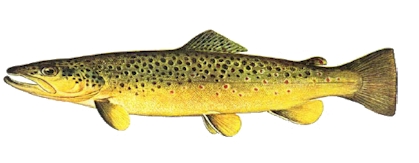
Brown Trout
These fish are generally safe to eat because they are stocked and fished regularly . People in the High Risk Group should eat smaller trout (under 15 inches).

Carp
Carp caught in the Housatonic River should not be eaten by anyone. People in the High Risk Group should not eat carp caught in the Connecticut River.
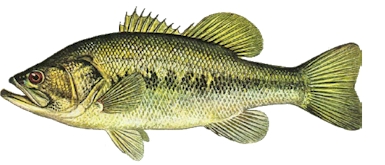
Large Mouth Bass

Small Mouth Bass
Large and Smallmouth Bass caught in the following lakes should not be eaten by people in the High Risk Group:
-
Dodge Pond -East Lyme
-
Lake McDonough - Barkhamsted
-
Silver Lake - Berlin/Meriden
-
Lake Wyassup - North Stonington
-
Quinnipiac River - above Quinnipiac Gorge
In addition, people in the high risk group should not eat any Bass from the Housatonic River.

American Eel
Eels caught in the Housatonic River should not be eaten.
For More Information:
-
Health Questions? Contact The Department of Health: (860) 509-7740 or toll-free at 1-(877)-458-FISH (3474)
-
Fishing in CT Questions? Contact The Department of Energy and Environmental Protection: (860) 424-3474

